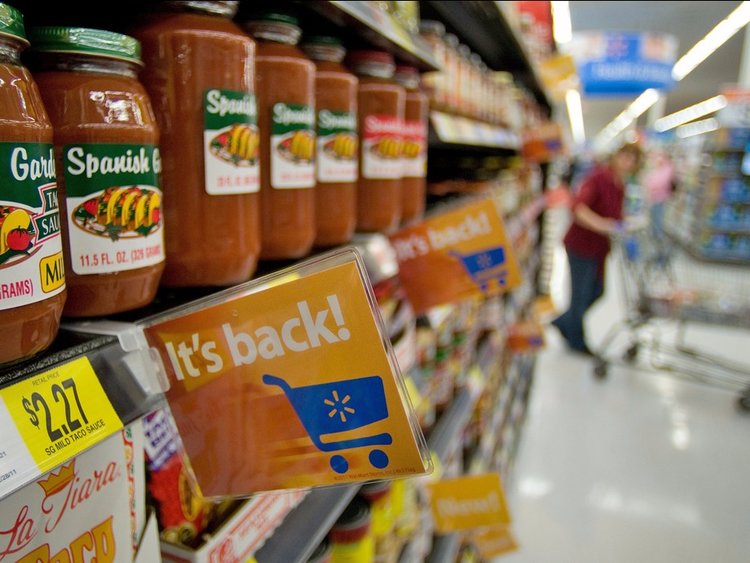Economy
Nigeria’s Consumer Confidence Remains Positive

- Nigeria’s Consumer Confidence Remains Positive
Consumer sentiment remained positive in Africa’s largest economy, Nigeria, according to data compiled by Nielsen.
Nigeria’s Consumer Confidence Index (CCI) increased by one point to 127 in the second quarter of 2019, the highest confidence level for the country since the first quarter of 2016 and higher than Ghana’s consumer confidence released by the same organisation.
Speaking on the positive sentiment, Nielsen MD for Nigeria, Ged Nooy says; “Following a turbulent period in its history, Nigeria’s economic recovery is gaining momentum with GDP expected to grow slightly to 2.5% year on year, off the back of moderate improvements in net exports and domestic demand. Nigerians are optimistic about their future and this is reflected in the confidence scores.”
Looking at the consumer picture, Nigerians immediate-spending intentions have shown a healthy increase; with 54% of consumers versus 46% in the previous quarter saying now is a good or excellent time to purchase what they want or need. However, their perception around job prospects have slightly declined, with 60% viewing them as excellent or good – a nine point drop from the previous quarter.
Sentiment around the state of personal finances has shown a slight improvement with 82% Nigerians agreeing their state of personal finances will be excellent or good over the next year, a one point increase from the previous quarter.
Looking at whether Nigerians have spare cash to spend, 51% said yes, versus 55% in the previous quarter. In terms of their spending priorities once they meet their essential living expenses, 76% would invest in home improvements/ decorating, 73% would put their spare cash into savings and 66% say they will invest in shares/mutual funds. Surprisingly, in light of their propensity towards savings and investment, the lowest number 39% said they would put their spare cash into retirement funds.
Looking at the top concerns for Nigerians over the next six months, work/life balance tops the list with 27% (a six point increase compared to the previous quarter) and has displaced political stability as the number one concern for Nigerians. This is followed by increasing food prices at 22% (a one point increase compared to Q1’19) and the economy at 20% (a four point increase compared to the previous quarter)
Elaborating on these results, Nooy says; “Nigerian consumers are positive and open to spending, however, the country’s retail environment continues to feel the effects of steep inflation. Manufacturers and retailers will therefore need to tackle this challenge head on, to harness the true value of Nigeria’s powerful consumer base.”